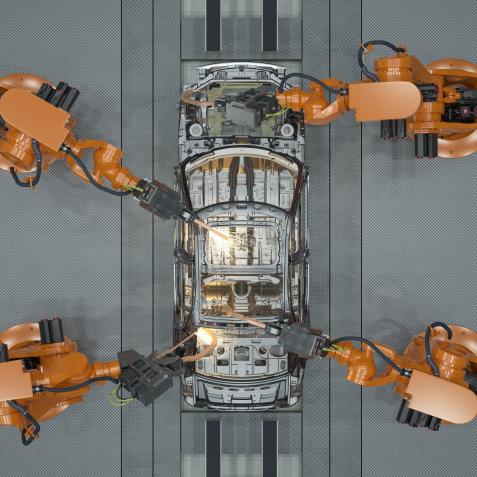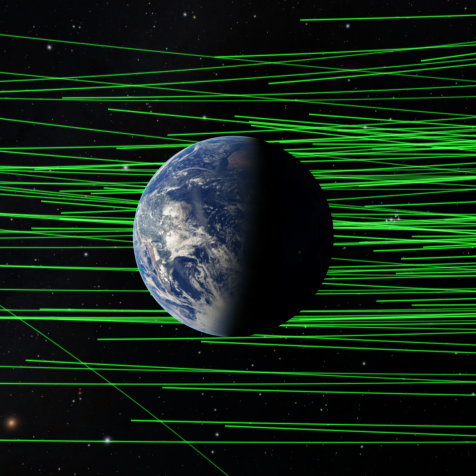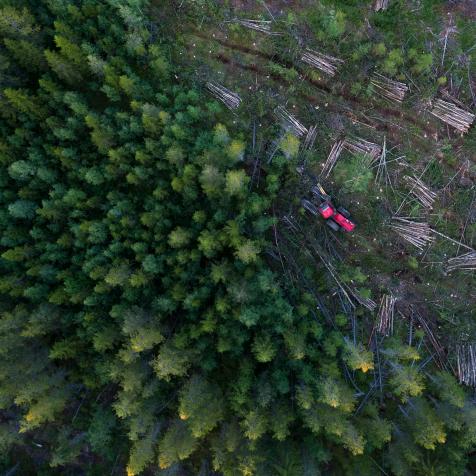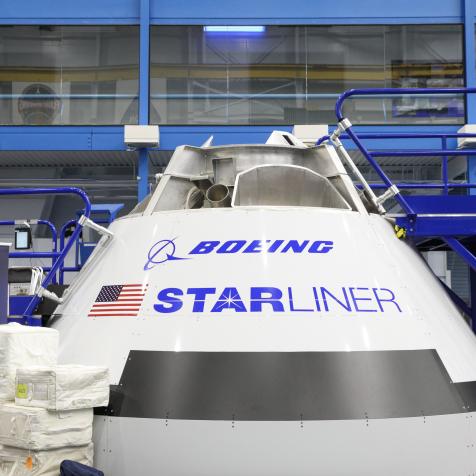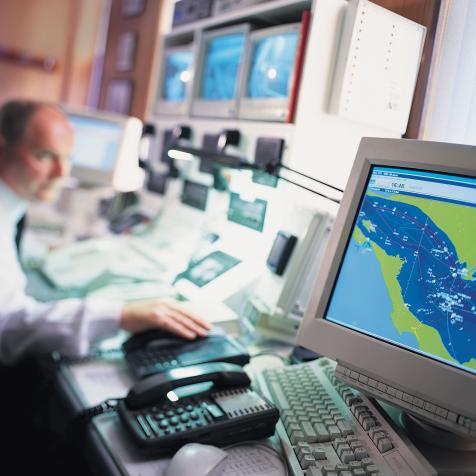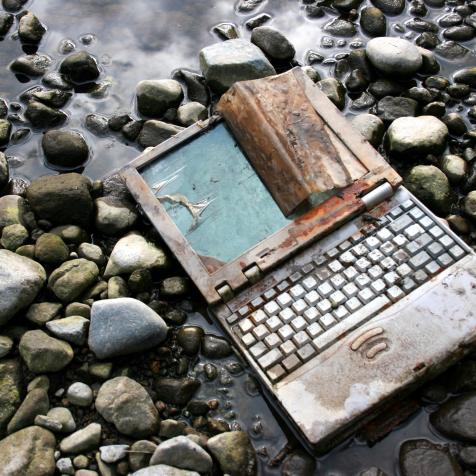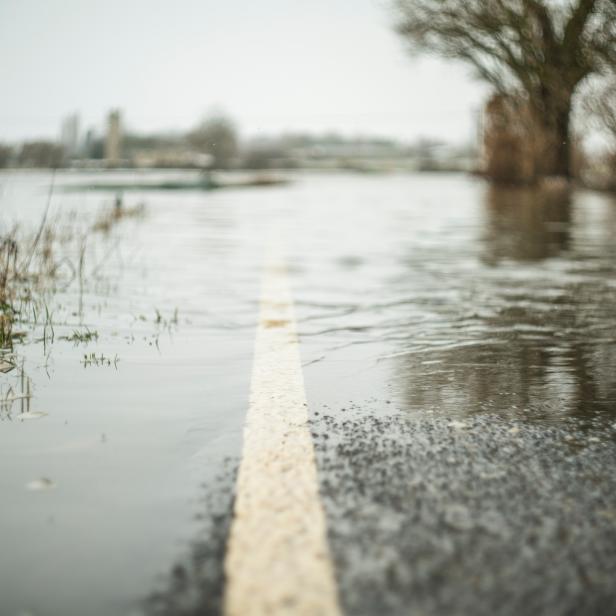
Chris McLoughlin
All Rainwater is Unsafe to Drink According to Study
A study by Stockholm University and ETH Zurich scientists found that all rainwater on Earth is unsafe to drink due to the levels of PFAS, or toxic chemicals. These PFAS or ‘forever chemicals’ are becoming a part of a future reality that humans must, unfortunately, learn to live with.
Forever chemicals or PFAS, per- and polyfluoroalkyl substances are aptly named due to their extremely slow disintegration. PFAS were first found in shampoo, packaging, and even makeup but have begun to spread into our earth. A professor at Stockholm University and lead author of the study, Ian Cousins noted, “There is nowhere on Earth where the rain would be safe to drink, according to the measurements that we have taken.”
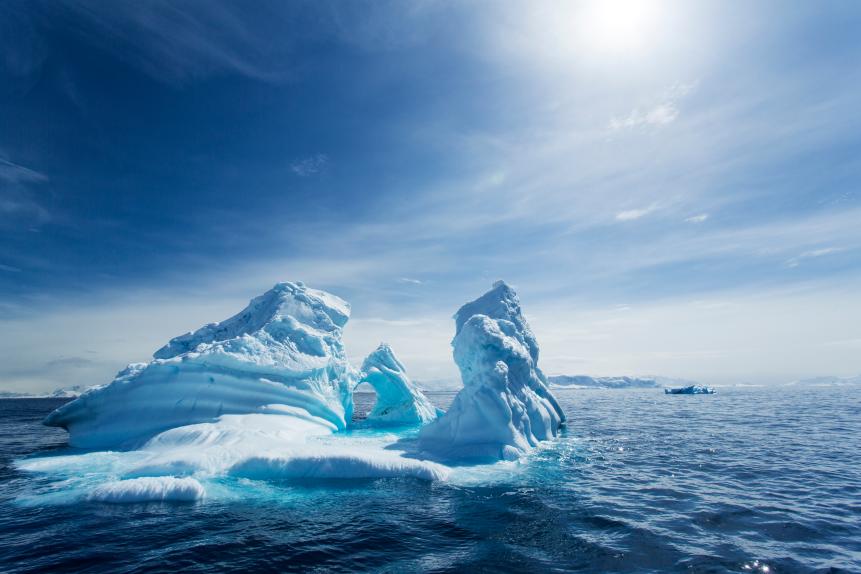
Paul Souders
Using their study’s data, Cousins and his team illustrated that chemical levels in rainwater from remote areas are unsafe and above the US Environmental Protection Agency’s (EPA) drinking water guidelines. Within this study, they took rainwater samples from extremely remote areas like Antarctica or the Tibetan plateau. Although these areas are originally known as being remote and untouched, their PFAS levels are around 14 times higher than the US EPA guidelines.
PFAS has been associated with a range of serious health issues including cancer, childhood behavioral and learning problems, complications with infertility and pregnancy, immune system issues, and high cholesterol. Cousins continued by saying, “Based on the latest U.S. guidelines for PFOA in drinking water, rainwater everywhere would be judged unsafe to drink. Although in the industrial world we don’t often drink rainwater, many people around the world expect it to be safe to drink and it supplies many of our drinking water sources.”
Managing Director of the Food Packaging Forum, Dr. Jane Muncke, said, “The vast amounts that it will cost to reduce PFAS in drinking water to levels that are safe based on current scientific understanding need to be paid by the industry producing and using these toxic chemicals. The time to act is now.”









